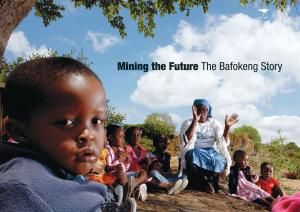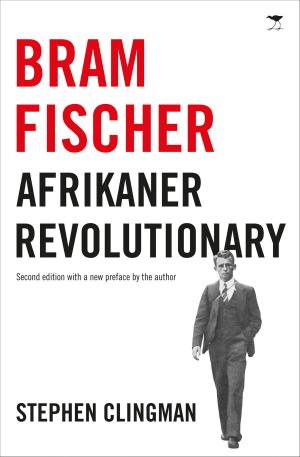New Markets, New Mindsets
Creating Wealth with South Africa's Low-Income Communities Through Partnership and Innovation
Business & Finance| Author: | Gwen Ansell, Tashmia Ismail, Nicola Kleyn | ISBN: | 9781920292089 |
| Publisher: | Jacana Media | Publication: | May 1, 2012 |
| Imprint: | Jacana Media | Language: | English |
| Author: | Gwen Ansell, Tashmia Ismail, Nicola Kleyn |
| ISBN: | 9781920292089 |
| Publisher: | Jacana Media |
| Publication: | May 1, 2012 |
| Imprint: | Jacana Media |
| Language: | English |
Doing business with low-income communities which academics and practitioners have christened the base of the pyramid’ (BoP) now includes a focus on creating sustainable markets with the potential to realise future profit simply milking’ a market for the next quarter’s profits is seen as short-sighted. The status quo is shifting, and the rules of both commercial and social engagement with middle- and lower-end markets in developing economies are transforming. There is keen interest from both local and global businesses and institutions to be involved in these markets. And they care about the practical detail of doing it effectively, and ethically. This new view accords that doing business in a healthier economy benefits firms by lowering transaction costs and the long-term cost of capital. In South Africa, around 60% of the population is unserved or underserved by current business (and many other providers of support and services). That’s a significant new market, and in the South African context, doing business in this market can achieve a great deal more than simply finding new customers. Regardless of global trends or government pressures, accessing these markets is challenging. Often, customers who survive on minimal incomes seek and will value different market offerings from those traditional customers have purchased. They have unique needs and identities requiring innovative, non-traditional business models and approaches. New Markets, New Mindsets showcases pioneering businesses and their BoP champions, as well as their experiments, successes, failures and best practices in creating new AND sustainable markets in previously underserved communities. The book includes top tips for those wishing to tap into these communities in ethical and effective ways, interviews with over 40 role players, and case studies including Nestlé, Danone, Massmart/Walmart, Nedbank, Blue Label Technologies and Capitec, among others.
Doing business with low-income communities which academics and practitioners have christened the base of the pyramid’ (BoP) now includes a focus on creating sustainable markets with the potential to realise future profit simply milking’ a market for the next quarter’s profits is seen as short-sighted. The status quo is shifting, and the rules of both commercial and social engagement with middle- and lower-end markets in developing economies are transforming. There is keen interest from both local and global businesses and institutions to be involved in these markets. And they care about the practical detail of doing it effectively, and ethically. This new view accords that doing business in a healthier economy benefits firms by lowering transaction costs and the long-term cost of capital. In South Africa, around 60% of the population is unserved or underserved by current business (and many other providers of support and services). That’s a significant new market, and in the South African context, doing business in this market can achieve a great deal more than simply finding new customers. Regardless of global trends or government pressures, accessing these markets is challenging. Often, customers who survive on minimal incomes seek and will value different market offerings from those traditional customers have purchased. They have unique needs and identities requiring innovative, non-traditional business models and approaches. New Markets, New Mindsets showcases pioneering businesses and their BoP champions, as well as their experiments, successes, failures and best practices in creating new AND sustainable markets in previously underserved communities. The book includes top tips for those wishing to tap into these communities in ethical and effective ways, interviews with over 40 role players, and case studies including Nestlé, Danone, Massmart/Walmart, Nedbank, Blue Label Technologies and Capitec, among others.















